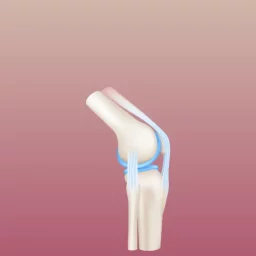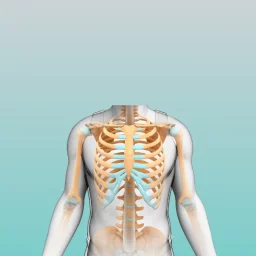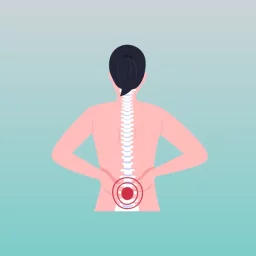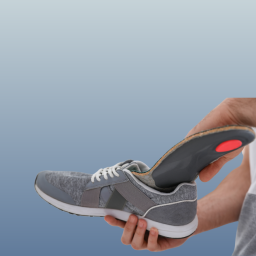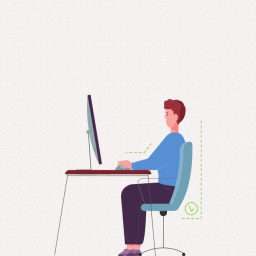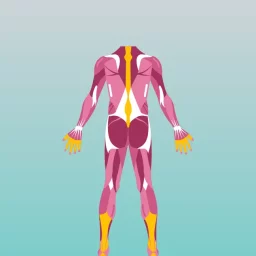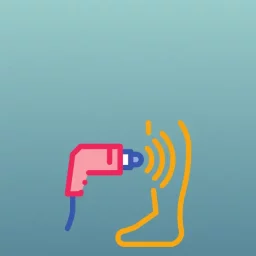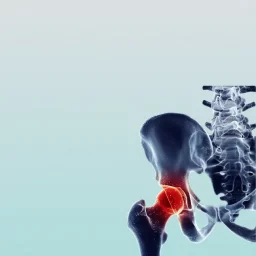Pregnancy and Back Pain Relief with Physiotherapy
Pregnancy and Back Pain:
During pregnancy, a woman’s body undergoes significant changes, often leading to increased stress on the back and pelvis. Physiotherapy offers various techniques to alleviate back pain during pregnancy, including gentle exercises to strengthen core muscles, manual therapy to relieve tension, and education on proper posture and body mechanics. Additionally, physiotherapists can provide support and guidance tailored to each woman’s unique needs, helping to promote comfort and mobility throughout pregnancy. Read this post to learn exactly how physiotherapy helps with pregnancy back pain relief.
How Physiotherapy Can Help
Physiotherapists play a crucial role in supporting women during pregnancy by addressing musculoskeletal issues, promoting optimal physical health, and enhancing overall well-being.
key aspects of a physiotherapist’s role in pregnancy include:
- Assessment: Physiotherapists assess the musculoskeletal system to identify any pre-existing conditions or pregnancy-related issues such as back pain, pelvic girdle pain, or diastasis recti.
- Individualized Treatment: They develop personalized treatment plans tailored to each woman’s specific needs, which may include manual therapy, therapeutic exercises, and advice on posture and body mechanics.
- Pain Management: Physiotherapists use various techniques to alleviate discomfort and pain, such as soft tissue mobilization, joint mobilization, and acupuncture.
- Pelvic Floor Rehabilitation: Physiotherapists specialize in pelvic floor rehabilitation, offering exercises and techniques to strengthen pelvic floor muscles, prevent urinary incontinence, and prepare for childbirth.
- Education and Counseling: They provide education on prenatal exercise, safe lifting techniques, and ergonomic adjustments to promote comfort and prevent injuries during pregnancy and postpartum.
- Labour Preparation: Physiotherapists may provide guidance with breathing techniques, relaxation exercises, and labor positions to facilitate a smoother childbirth experience.
- Postpartum Recovery: Following childbirth, physiotherapists support women in their postpartum recovery journey, addressing issues such as diastasis recti, pelvic floor dysfunction, and returning to physical activity safely.
Here’s a list of exercises specifically tailored to relieve back pain during pregnancy:
Pelvic Tilts:
Lie on your back with knees bent, gently tilt your pelvis upward, hold for a few seconds, then release. Repeat several times.
Cat-Cow Stretch:
Get on your hands and knees, arch your back upward (like a cat), then release and lift your chest and tailbone towards the ceiling (like a cow). Repeat this flowing motion.
Seated Spinal Twist:
Sit on the floor with legs extended, bend one knee and place the foot over the opposite knee. Twist your torso gently towards the bent knee. Hold, then switch sides.
Modified Child’s Pose:
Kneel on the floor, spread your knees apart, and sit back on your heels. Extend your arms in front of you, lowering your chest towards the floor while keeping your back straight.
Wall Sits:
Stand with your back against a wall and slowly lower yourself into a seated position as if sitting in an invisible chair. Hold for a few seconds, then slowly rise back up.
Prenatal Yoga:
Gentle yoga poses specifically designed for pregnancy can help stretch and strengthen the back muscles while promoting relaxation.
Swimming:
Swimming or water aerobics can provide excellent relief for back pain during pregnancy due to the buoyancy of water, which reduces pressure on the spine.
Overall, physiotherapists play a vital role in promoting the physical health and well-being of pregnant women, helping them navigate the changes and challenges associated with pregnancy and childbirth. Visit our physiotherapy clinic if you are experiencing back pain with pregnancy and in much need of relief. Call or book your physiotherapy appointment online with one of our experts at our CURAVITA Glebe Clinic or Byward Market Clinic.





